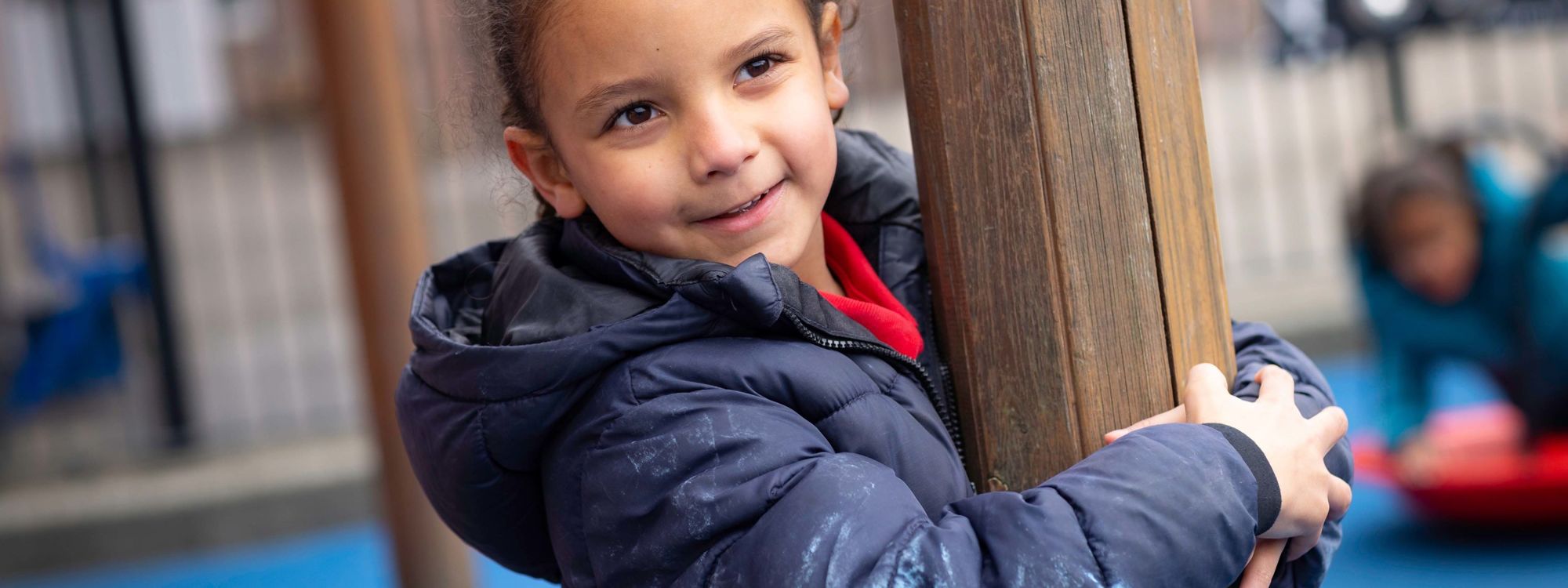
- Home
- Curriculum
- Curriculum Overview
Curriculum Overview
“Enjoyment, Achievement and Wellbeing for all”
We recognise the importance of preparing children and young people for the next stage in education and adult lives. The foundation for this is the preparation which takes place at school through the delivery of an appropriate high-quality curriculum delivered at a personalised level. We have planned our curriculum to support our children and young people to experience enjoyment, achievement and wellbeing every day and to develop the knowledge skills, and understanding to enable them to achieve and enjoy a quality life, now and in their future.
We are determined that all the children and young people attending Whitefield should:
- Enjoy coming to school and taking part in a range of activities which are meaningful and interesting for them and which they will be able to enjoy in the future;
- Make progress through the three aspects of the curriculum, gaining knowledge and skills which are useful to them now and will continue to help them as they grow older;
- Experience positive relationships with adults and peers in school, feel good about themselves and gain in confidence and character, to be mentally and emotionally healthy so that they will be able to make positive choices in later life, in their relationships and play and an active part in the community and as advocates for SEND
We strive to provide a high quality, personalised curriculum through a range of pathways supported by positive links with families, other professionals and the local community. All our pupils’ diversity, special needs and disabilities are celebrated and their well-being is fundamental to our curriculum design and their successful outcomes.
Curriculum Intent
At Whitefield School our curriculum aims to:
- Focus on core knowledge and skills for communication, phonics and reading, numeracy, personal, social and health development (PSHE)
- Enable each pupil to develop a functional mode of communication which they’re able to use confidently at school, home, and when accessing the community.
- Provide breadth and pupils’ pre-requisite skills for learning in other areas and objectives set out in the EHC Plan, including careers and financial education, computing, physical, expressive arts, sex and relationship education, science, food Technology and media.
- Prepare pupils for their next stage in education, training, employment or placement when they leave
- Ensure each pupil is enriched by their time at school and challenged to fulfil their unique potential
- Support young people to be as independent as possible in their self-care, including dressing, food preparation and eating, shopping, hygiene, whilst respecting their dignity at all times
- Equip pupils with the skills and knowledge required to keep themselves safe and healthy including in their relationships, so they can actively contribute to their community, and safely access a range of indoor and outdoor environments/settings.
- Support pupils to develop their character; resilience, confidence, and strong self-advocacy skills and actively promote pupils’ Spiritual, Moral, Social, and Cultural (SMSC) development
- Promote British Values throughout, supporting all pupils to experience these concepts at a level that is meaningful for them:
- Democracy – teaching functional requesting and appropriate refusal/rejection; respecting choices and using our understanding of pupils’ individual differences to personalise their offer; engaging with School Council elections
- The rule of law – class rules; clear boundaries and expectations; supporting pupils to self-regulate and maintain positive behaviour
- Individual liberty – personalised reinforcement schedules and constant assessment of motivation; teaching functional communication (e.g. no, stop)
- Mutual respect – modelling empathy and compassion; teaching functional communication, including requesting for attention politely and accepting no; honouring communicative attempts
- Tolerance of those of different faiths and beliefs – celebrating special events relating to the diverse backgrounds of our pupils, families and staff, through assemblies, parades, stories, arts and craft, music, costume, bring and share buffets, making these accessible and meaningful for all pupils